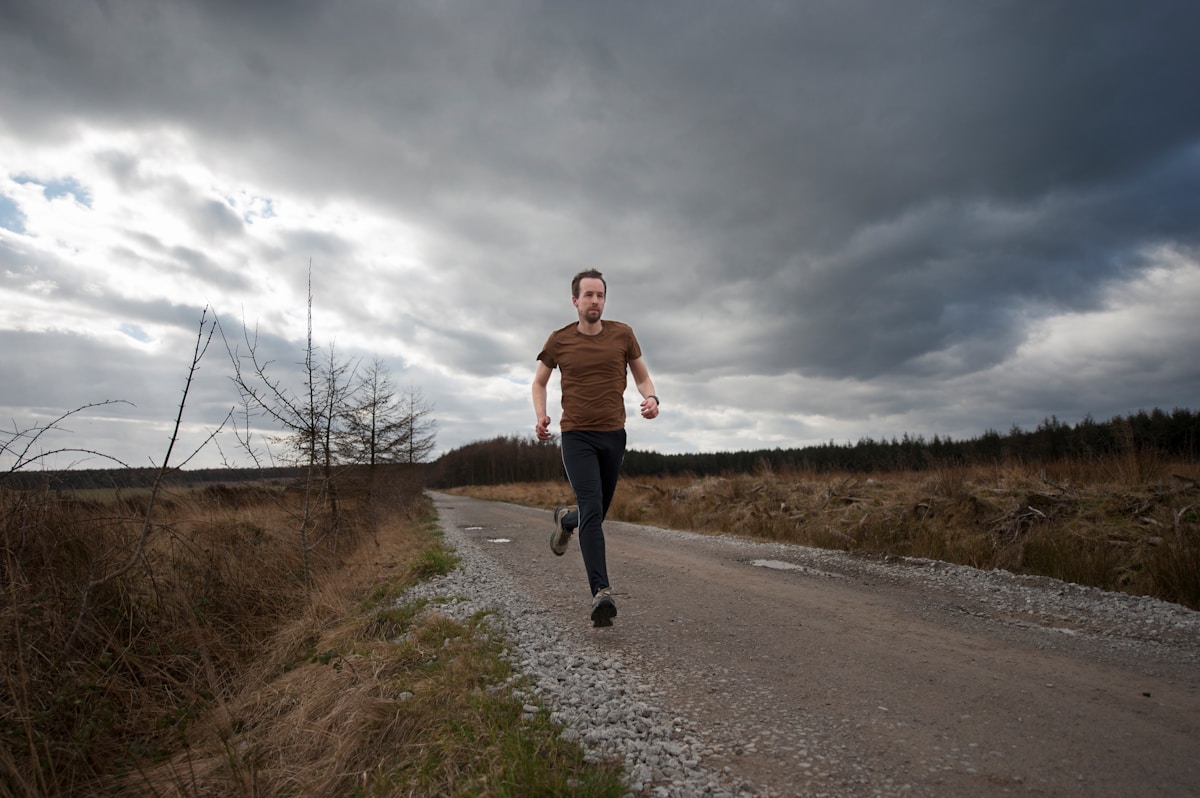Over my time running and training for marathons as well as working as a Physiotherapist, I’ve seen a number of mistakes runners have made in their training that have led them to getting injured and certainly made more than a few myself.
Here are a few of these mistakes that hopefully you can learn form
1. Just running
One of the biggest errors in running training that people make is just running rather than actually training themselves to run. One of the biggest protectors against getting injured whilst running is developing good strength, in particular through your lower limbs, hips and core. The added bonus here is that it’s also been shown to make you run faster!
2. Playing catch up
We’ve all been here. You’ve been unwell for a few days, away with the family, or a busy few days at work and you’ve missed a few days of training, but that next event that you’d signed up for is just around the corner. Instead of adjusting your training, you decide you need to make up for those missed days so you do some extra kilometres and you do them hard. This becomes a spike in your training and is one of the biggest predictors of getting injured.
3. Watching others
With the rise of Strava and other social networks/sharing platforms, we are able to see more and more of what our fellow runners are doing for their training. With this comes the urge to try and replicate their long or fast runs which you probably aren’t ready to do. This leads us to doing too much too soon and risk getting injured.

4. Need for speed
Everyone usually thinks running needs to be really hard all of the time. This isn’t always the case. Slowing down on a lot of your runs or even using a walk/run program can help you recover better which can reduce your risk of injury, meaning you don’t fatigue too much and lose your running form but also ensure you’re ready to go the next time you do need to go fast.
5. Rest is for the weak
Taking a rest after an event or a hard run is crucial to allowing your body to fully recover. Normal training creates micro-trauma through the body that often needs rest to be able to resolve. Having a rest day can lessen the risk of overuse, soft tissue and bony stress injuries.
At In-Balance many of our staff enjoy varied levels of running competence and love treating and coaching to improve performance -you don't even have to be suffering an existing injury to benefit from having your running assessed. We can even organise a personalised strength and conditioning program to help you achieve your running goals.

